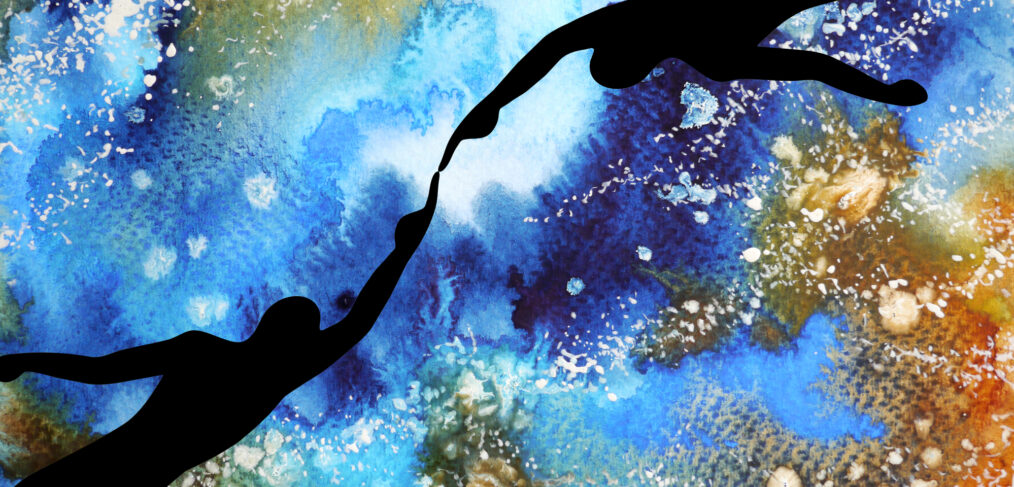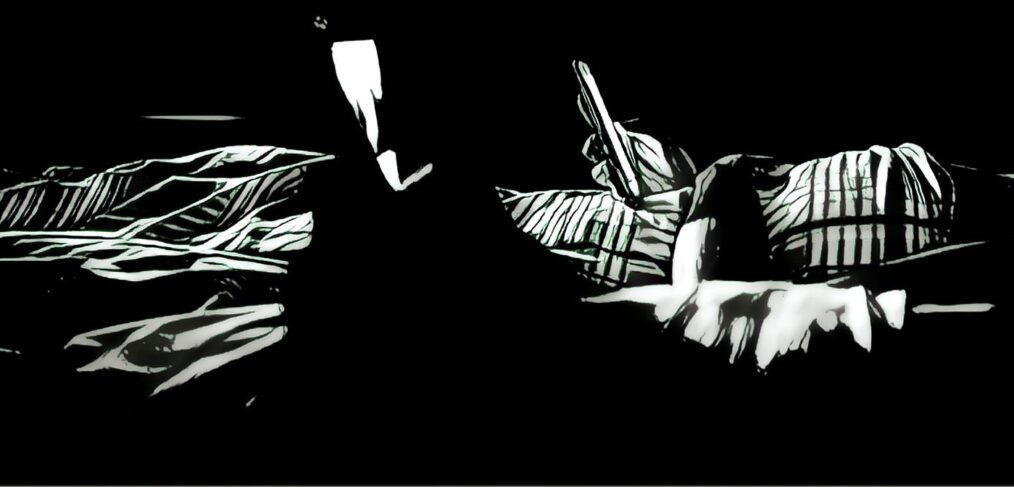The world, even your little slice of it, contains significantly more than you could possibly fathom. As you move through your life, you notice things that your brain has been trained to bring to your conscious level of awareness. Your brain can process an unbelievable 11 million bits of information every second, but our conscious mind can only handle 40 to 50 bits of information a second. The big question is, what gets past the filter and why? You notice things you must so that you stay away from danger and navigate your life, but there are whole worlds that don’t make it into your awareness, and there are elements of those worlds that you would definitely be interested in exploring if you could. So, how can you decide what makes it to the front row of your mind?
The stresses of daily life can feel overwhelming. Over time, the impact of everyday problems can accumulate and feel unsurmountable. Everyday stress is not about any single, intense, or life-changing event—instead, it’s about the daily headaches, hassles, and dramas. The effect can be hard to pin down. You start feeling tired, irritable, and anxious. You may feel like talking it out with someone, but you don’t quite know what’s going on. The impact can become overwhelming, and eventually, you may feel like it’s all too much and you’re dealing with it alone.
Life can be inconsistent. Why do you sometimes feel like you’re buried in baggage and history, and sometimes you can move forward unfettered? The difference can be how interesting your work or life activities are. You may be involved in what you perceive to be cumbersome pursuits, while at other times your life can be interesting and exciting. Sometimes the difference is purely psychological. During the times you feel weighted down, you may feel there is no escape from the narrow tunnel you’re in. You may feel there are forces in play that keep your life in constant drudgery, and you aren’t able to defeat them. At other times, even when engaged in the same activities or tasks, you feel energized and invigorated. The work seems light and even fun. If you could figure out the difference between these two scenarios, would it be possible to always keep it fresh?
As we move through our days, we may live active, productive, and even meaningful lives. But something may still be missing. It may be hard to put our fingers on it. One possible reason for this is the failure to be intentional about fundamental aspects of our lives—mind, body, and spirit—the three pillars of life. Most of us engage with these pillars to some degree: we exercise, we challenge ourselves mentally, or we have healthy spiritual lives. But how many of us consistently engage with all three pillars intentionally and regularly? When we do, we’ll find that our lives are enhanced—in ways that we may not even realize.
In the modern world, we have amazing technology that would have seemed like magic centuries ago, and like science fiction only decades ago. We’re connected with other people around the globe in an instant and think nothing of it. This past week, I was on video meetings with people from Hawai’i, New Caledonia, and Alaska and across the continental US, and it didn’t even warrant a passing mention. We also have literally every movie or TV show ever made available at any time. And if all of that doesn’t satiate our desire for distraction, we have a near infinite stream of opinions, status updates, shares, clips, and fails available from multiple social media sources, all the time. For people born in this era, it’s very easy to never have a time when our brains aren’t occupied by external stimuli, and as a result, to never learn how to live without distraction.





